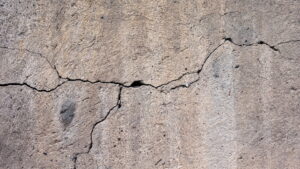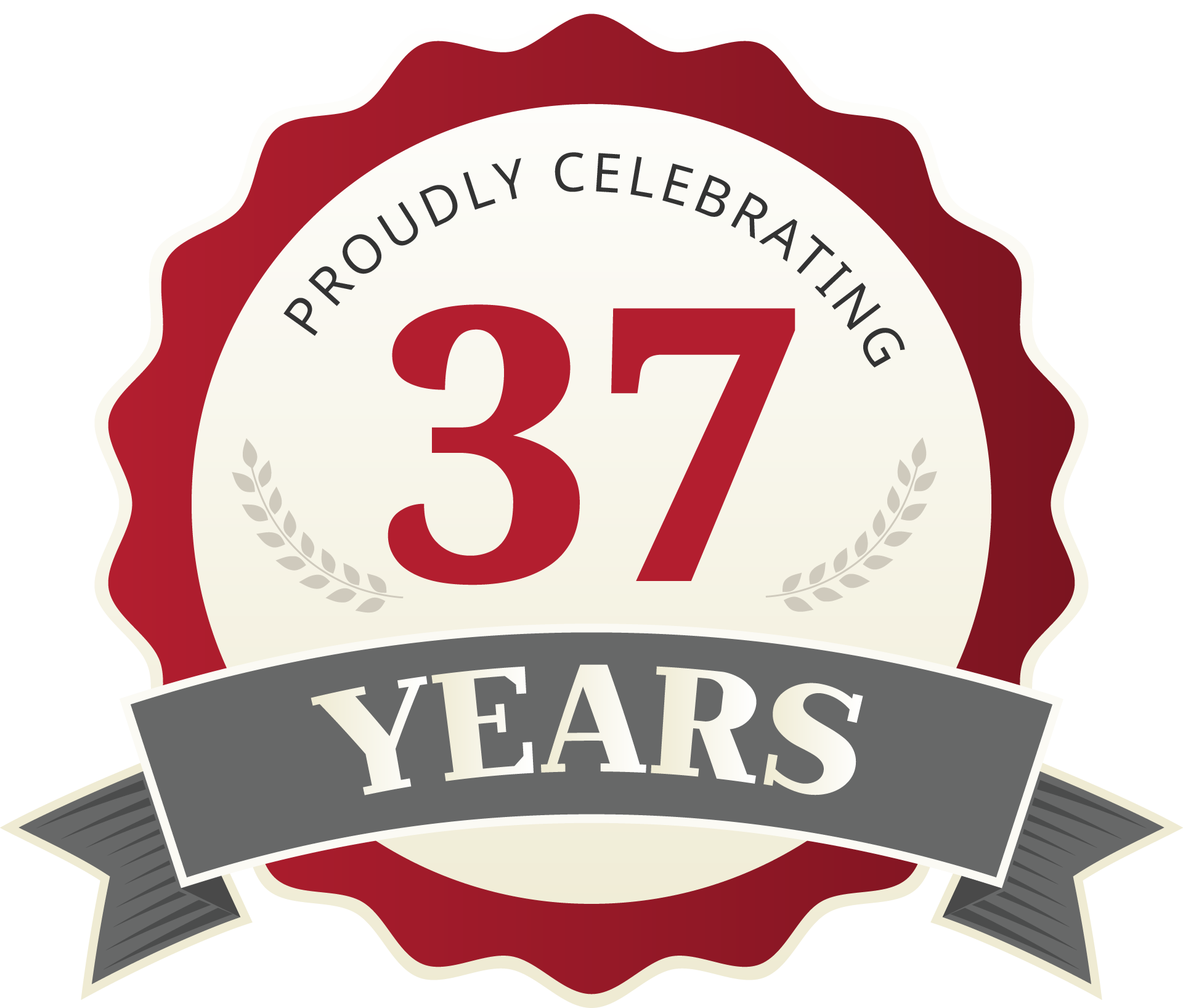
Leak is not a word people want to hear in connection with their home plumbing. And a slab leak, well, that sounds even worse. Almost sinister. But what does it actually mean?
What is a slab leak and how can I detect it early?
- A slab leak is a hidden leak in the water pipes beneath the concrete foundation of your home, often involving hot water lines due to pipe movement and corrosion.
- Early warning signs include unexpectedly high water bills, warm or damp spots on floors, the sound of running water when no fixtures are on, moldy or musty odors, and cracks in the slab or foundation.
- Professional detection uses non-invasive technologies like acoustic listening, thermal imaging, pressure tests, and video pipe inspections to accurately locate leaks without unnecessary damage.
- Repair approaches range from spot repairs by excavation, epoxy relining, trenchless pipe rerouting, to overhead rerouting, all chosen based on leak severity and location.
Slab leaks are one of the most important problems that we work on as Suwanee, GA plumbers, and the better informed our customers are about what they are and how to watch for them, the easier they are to stop early. And slab leaks are definitely something you want stopped as early as possible. Learn how to recognize common household leak symptoms before they lead to extensive damage.
What Is a Slab Leak?
In plumbing lingo, a slab leak refers to any leak in a pipe buried down in stone. In the case of residential home plumbing, slab leaks are leaks that occur in the concrete foundation slab a house sits on. Both cold and hot water pipes are buried down in this slab, which does help keep them out of the way, but also makes it difficult to notice and then repair leaks along the pipes.
Unfortunately, being buried down in concrete doesn’t help to prevent leaks from starting in the pipes. The pipes can abrade against the concrete as they move around, which is common for hot water pipes because they expand and contract with the heat. In fact, around 80% of slab leaks are in the hot water pipes. Chemicals in the water can also cause forms of corrosion that lead to leaking. Shifts in the slab from settling into the ground can also cause breaks.
Signs You Might Have a Slab Leak
The biggest obstacle to fixing slab leaks is knowing they’re there in the first place. A leak down under concrete isn’t the easiest problem to spot until it starts to cause major damage and water seeps up through the floors. You don’t want it to reach that stage, so here are early signs of a hidden leak that could indicate a slab issue:
- The water heater turns on and off at times when no one is using hot water. This could be due to leaks from the hot water lines.
- The basement floor has cracks on it, or the floor feels warm.
- You can hear the sound of running water in the basement when there is no water tap on.
- Humidity in the basement and mold and mildew growth.
- A spike in water bills you can’t account for.
If you suspect a slab leak, do a test with your water meter: write down its reading, then don’t use any water for an hour. If the reading has changed, there’s a leak somewhere and it’s time to call one of our professional plumbers. If it’s a slab leak, we’ll find it.
Slab Leak Repair Options and Costs
Fixing a slab leak takes special tools and methods. We have to locate where the leak is and then either excavate down to it or find a lateral repair solution. We’ll find the fastest and most effective method to repair this problem. Please don’t delay, since a slab leak that’s left without repairs will waste huge amounts of water and can cause serious foundation and water damage.
Frequently Asked Questions
Question: What exactly is a slab leak?
Answer: A slab leak happens when a water pipe under your home’s concrete slab foundation develops a crack or hole. These pipes carry hot or cold water, and leaks beneath the slab are hard to spot until they cause visible damage.
Question: What causes slab leaks to occur?
Answer: Common causes include pipe corrosion, abrasion against concrete, shifting or settling foundations, high water pressure, poor installation, soil movement, and natural expansion and contraction of hot water pipes.
Question: What warning signs suggest I might have a slab leak?
Answer: Watch for signs like unusually high water bills, low water pressure, warm or damp spots on the floor, sounds of running water when no fixtures are used, wet or cracked floors, musty odors, and even mold growth.
Question: How are slab leaks detected?
Answer: Detection methods include using water meter tests, pressure tests, acoustic listening devices, thermal imaging cameras to find warm spots, and sometimes endoscopes or moisture meters to pinpoint hidden leaks.
Question: What options are available for repairing slab leaks?
Answer: Repair strategies range from trenchless spot repairs and rerouting pipes, to tunneling under the slab or removing sections of concrete. A professional plumber will choose the least invasive method that ensures long-term safety.
Need a great plumber? At Snellville Heating, Air and Plumbing, “Your comfort Is OUR Business!”



